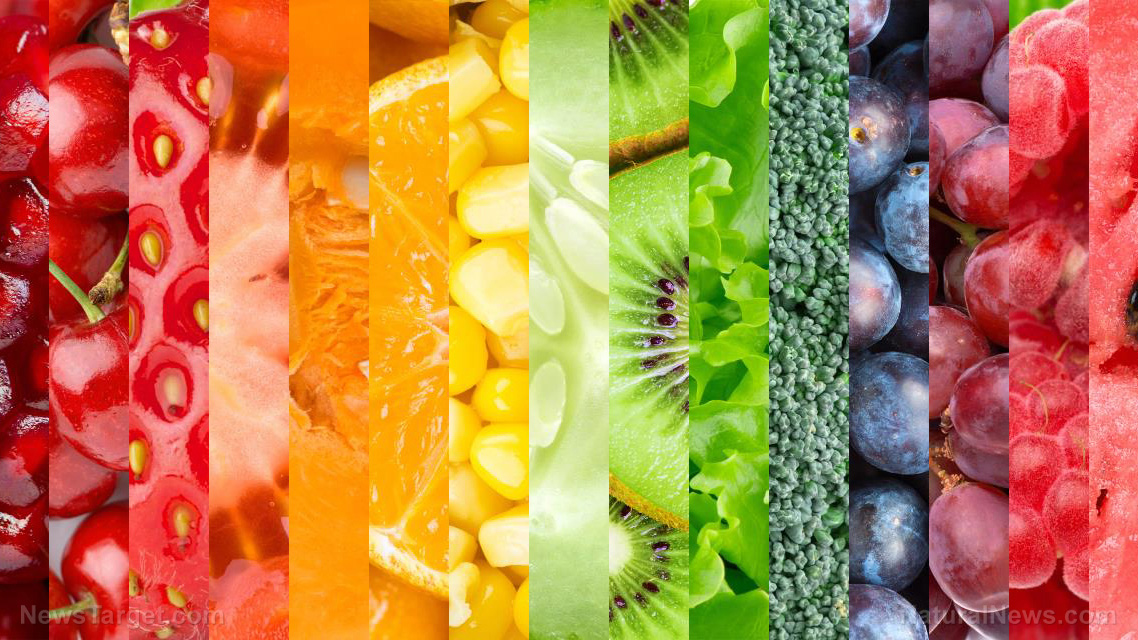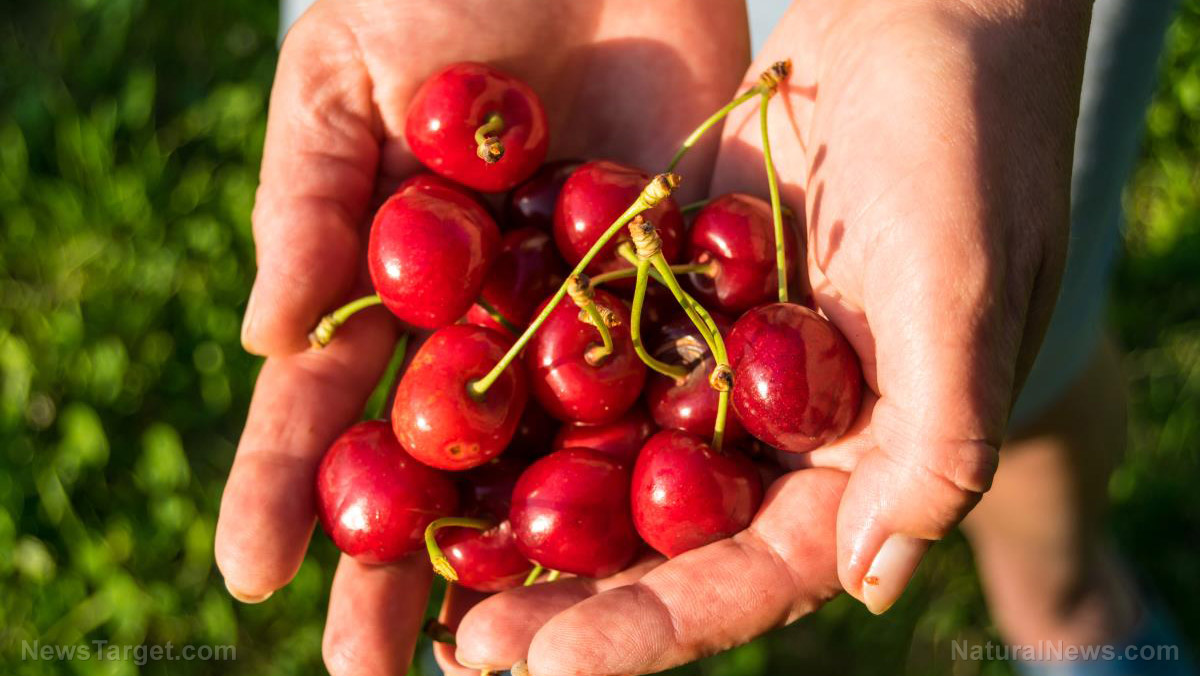Eat more berries: Anthocyanins suppress tumors, disrupt the expression of cancer genes
04/24/2018 / By Vicki Batts

It’s no secret that berries pack a serious nutritional punch: They’re loaded with vital nutrients, antioxidants and fiber. Their sweet, tart flavors and vibrant colors are another major bonus — and it turns out the benefits of those beautiful pigments that give berries their signature deep hues are more than just skin deep. These natural pigments, known as “anthocyanins,” have potent anti-cancer effects. In fact, they are so effective that even mainstream science admits that berries could blaze the trail for better cancer treatment.
Could there one day be a world where cancer patients are treated with a berry concentrate instead of toxic chemotherapy? According to a research team from the University of Eastern Finland, that may just be the case.
How berries can help beat cancer
The findings from Finland indicate that the anthocyanins in berries increase the function of sirtuin 6 enzymes in cancer cells. And as sources explain, sirtuin enzymes are in charge of “regulating the expression of genes that control the function of cells through key cellular signalling pathways.” Changes in sirtuin functionality can be triggered by aging, and these changes play a role in the development of diseases like cancer. Sirtuin 6, or SIRT6 for short, is also associated with glucose metabolism.
While all berries come with great health benefits, the researchers say some of the most profound effects were seen in lesser-known berries.
Minna Rahnasto-Rilla, the study’s lead author and a doctor of pharmacy, noted,”The most interesting results of our study relate to cyanidin, which is an anthocyanin found abundantly in wild bilberry, blackcurrant and lingonberry.”
The power of the elements: Discover Colloidal Silver Mouthwash with quality, natural ingredients like Sangre de Drago sap, black walnut hulls, menthol crystals and more. Zero artificial sweeteners, colors or alcohol. Learn more at the Health Ranger Store and help support this news site.
Cyanidin was found to be particularly effective in colon cancer cells, stimulating an increase in SIRT6. More, this potent phytonutrient was found to decrease the activity of two cancer genes (Twist1 and GLUT1). But that’s not all: Cyanidin also increased the presence of a tumor suppressor gene known as FoXO3.
Other health benefits of berries
Berries are known for having an array of health benefits; there are many types of berries and truly, each type has its own unique nutritional qualities. Goji berries, for example, are known for containing an assortment of B vitamins, vitamin E, linoleic acid, selenium, and beta carotene. The humble goji is also rich in amino acids and other trace minerals.
Blueberries, on the other hand, are known for their high capacity to neutralize free radical damage at a cellular level, and can even help stave off collagen break-down. So if you’re looking to stay young, blueberries can help. Bilberries are another great choice. Three times smaller than a blueberry, bilberries are a nutritional powerhouse in a truly tiny package. In addition to supporting the circulatory system, bilberries are known for boosting eye health.
Cherries, strawberries and blackberries are also highly regarded for their numerous health-boosting attributes. Cherries, for example, are known for helping to reduce joint pain associated with gout, and are also high in multiple antioxidants — including anthocyanins, quercetin and ellagic acid. Cherries’ flavonoids are known for supporting healthy tissues.
Blackberries also boast high levels of ellagic acid, along with vitamin C and E. Combined with an array of phytonutrients, blackberries are a great nutrition booster than can help fight off disease and illness.
There are many types of berries to choose from, and while each have their own unique nutritional profiles and health benefits, you truly can’t go wrong. Any berry is better than no berries at all! [Related: Read more stories about food and nutrition at Food.news.]
Sources for this article include:
Tagged Under: antioxidants, berries, fresh fruit, functional food, good food, natural medicine, nutrients, nutrition, prevent disease




















